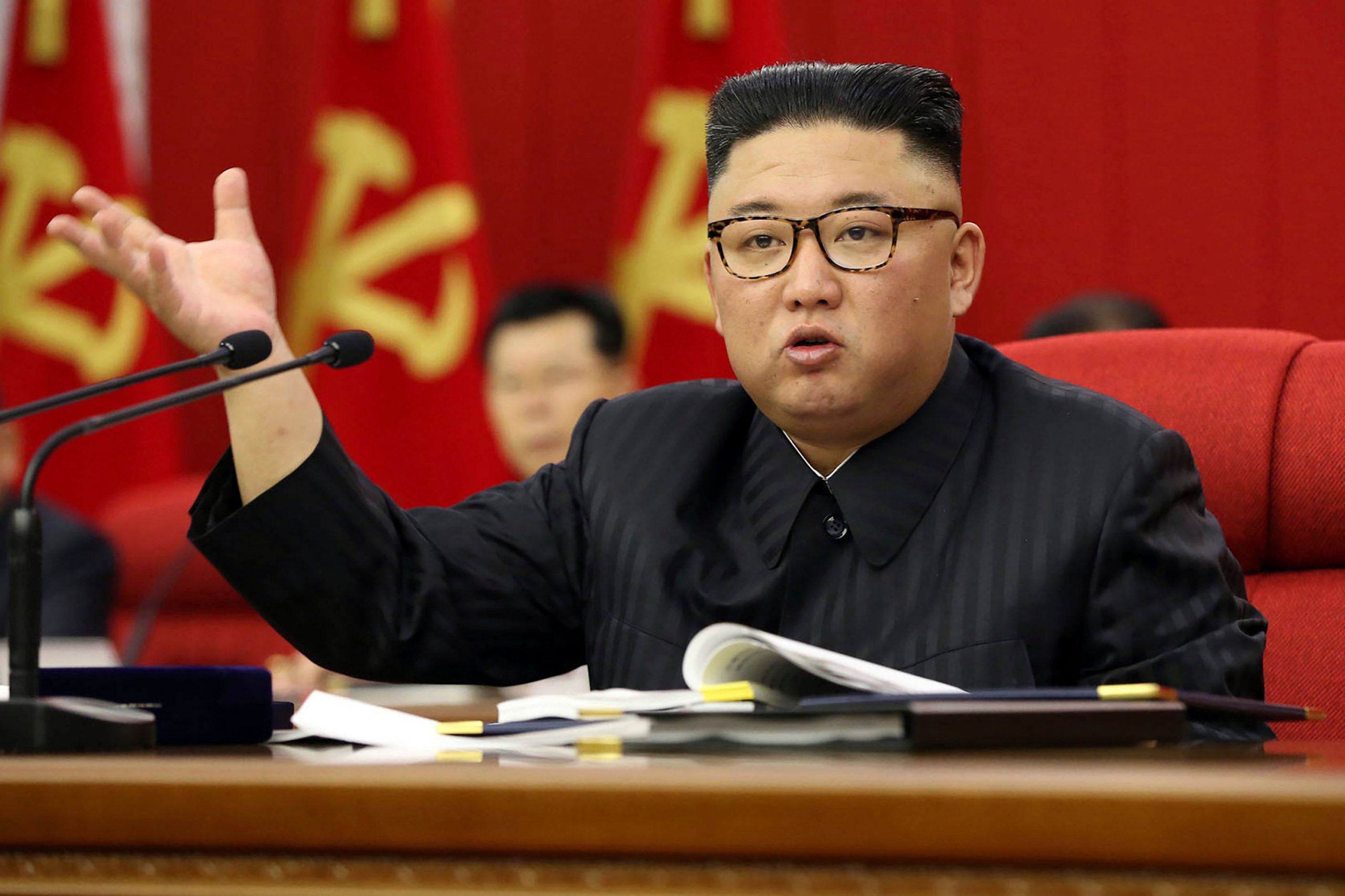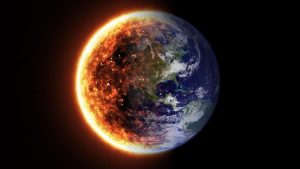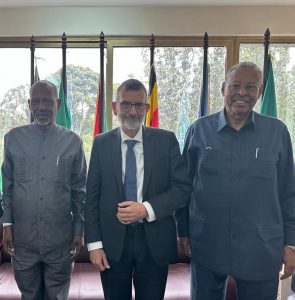Days after North Korea supreme Kim Jong Un admitted that there is an acute food shortage in the country and the situation is alarming, the price of various food commodities is reported to surge dramatically, reported state-run news agency KCNA.
According to media reports, the price of bananas in the country’s capital Pyongyang, is $45 (about Rs 3,335), a packet of black tea for $70 (about Rs 5,190) and a packet of coffee for $100 (Rs 7,414).
The impoverished country, which is under multiple sets of international sanctions over its nuclear weapons and ballistic missile programmes, has long struggled to feed itself, suffering chronic food shortages.
As per a recent report by the UN’s Food and Agriculture Organization, North Korea is short of 8,60,000 tonnes of food. Kim has asked party workers to take efficient steps in resolving the issue.
The COVID-19 pandemic and a series of summer storms and floods added yet more pressure on the flagging economy.
A series of typhoons last summer triggered floods that destroyed thousands of homes and inundated farmland.
The North imposed a strict lockdown when it sealed its border in January last year to stop the virus from spreading from neighbouring China, where it first emerged before sweeping the world.
At a plenary meeting of the central committee of the ruling Workers’ Party of Korea, Kim said the economy improved this year, with industrial output growing 25 percent from a year earlier, the official KCNA news agency reported on Wednesday.
But there had been a “series of deviations” due to a number of challenges, the North Korean leader added.
It has long insisted that it has had no cases of the virus — a claim that analysts doubt — but the North has paid a huge economic price for the blockade.
Trade with China, the North’s economic lifeline, has slowed to a trickle, while all international aid work faces tight restrictions.
The impact of the pandemic has “most likely exacerbated” the humanitarian situation in the North, with some 10.6 million people in need, a spokesperson for the UN Office for the Coordination of Humanitarian Affairs (OCHA) said.
In another admission of the North’s hardship, Kim in April told citizens to buckle down for the “worst-ever situation”.
The nationwide famine that North Korea suffered in the 1990s killed hundreds of thousands of people after the fall of the Soviet Union left it without crucial support.






